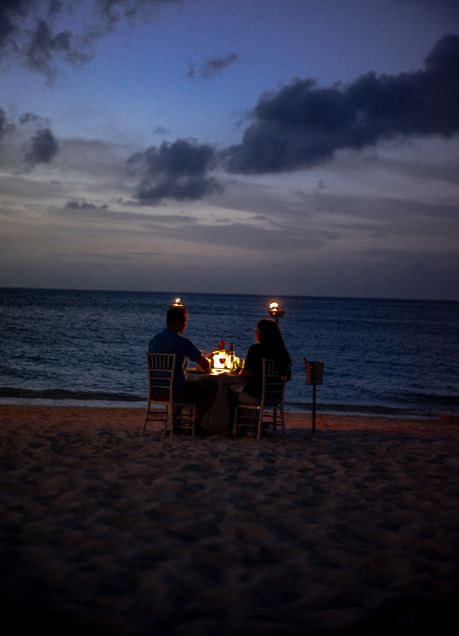How has the Bachelor Nation managed to stay relevant?
By Apryl Hsu, Account Supervisor at PRLab
Endless gossip, roses, tears, and unforeseeable turns. Whether you have watched The Bachelor or not, you’ve heard the name. Few shows can last 23 seasons with millions of viewers gathering with their friends every Monday night, but The Bachelor proves a unique relevance that we cannot resist.
So, why is it still relevant? It’s simple. Drama, sex, and love. And despite the stereotype, women are not the only audience. The show attracts sororities, fraternities, families, sports teams, you name it. The Bachelor’s consistency with dreamy bachelors and spicy romance is an easy baseline appeal. The women in the show create lifelong friendships and sometimes even fall for each other #queervibes.

Although the anticipation of predicting who will get the rose each week contributes to their success, the drama between contestants keeps your eyes peeled to the screen and viewers coming back each week… Because who wouldn’t want to watch drunk nights and fist fights? Well, of course not. We don’t enjoy watching women fight over men, because we are past that. Our culture has finally caught up to the notion that women have an identity outside of men. Crazy! But, The show started in 2002. 17 years ago!
The way we use media changes constantly and television shows quickly fall out of the picture. So, the reason The Bachelor stays relevant is two words: media convergence. As our cultures, technology, economies, and professions merge, The Bachelor remains a top television competitor because again, love, drama, and sex transcend cultural differences in countries where the show is popular.

Obviously social media is one aspect of technological advancements that can either make or break other media channels, like television. The Bachelor has somehow found a way to keep up. One way The Bachelor continues to stay relevant is streaming episodes on streaming websites. So, even if viewers aren’t committed to the Monday night grind, they always have the show as an option after the fact.
Another way the show breaks the internet is memes. Memes are thriving on the internet across generations and languages that are able to make similar jokes about The Bachelor gossip, like the fact that despite some lavish engagement rings and big promises, the relationships pretty much never stand the test of time. Why would we want to watch something with recurring failed relationships when all we want ourselves is a dreamy guy to sweep us off our feet on tropical beaches? Yeah, no thanks.

While there are elements of their dreamy lives that I’m sure attract plenty of viewers, we get that fill from rom-coms. There is something almost relatable and realistic about the failing relationships. Relationships are hard! The likelihood of them working out is minimal. And for the ones who follow through and say “I do,” only 50% last a lifetime. If these relationships worked out, who knows if the show would have the same success because… boring… amirite?
I’m not sure about you guys, but I have a much easier time dreaming of taking these vacations with all of my friends and imagining the same fun. Another way the show stays relevant is that we have culturally shifted toward “hooking up” in our younger years rather than committed relationships. The show combines our obsession with which lucky women will hook-up with the bachelor while also following along on their romantic and fancy dates.

We are still fixated with young people as our standard for most attractive. So, because the contestant age range remains from twenties to early thirties, all age ranges are tempted to watch the show featuring dozens of attractive, desirable people. Regardless of all these cultural shifts and changes in the media landscape, The Bachelor has managed to work its ways into the hearts of millions across America and the world.
